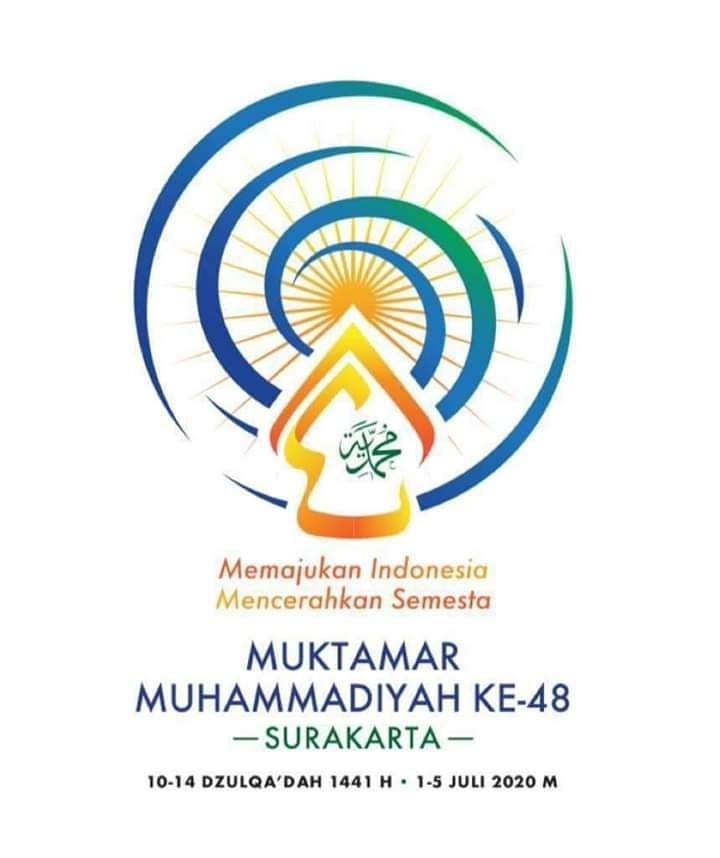MUHAMMADIYAH.ID, YOGYAKARTA– Noticing people’s conditions in the era of revolution industry 4.0 is necessary for Muhammadiyah to take roles in areas of information and empowerment.
“I wish that tonight’s discussion can bring up enlightening innovations for Muhammadiyah. Thus, developments which Muhammadiyah has undertaken will always benefit others, particularly in this revolution era,” declared Secretary of the Central Board of Muhammadiyah Agung Danarto when delivering an introduction of a biweekly discussion of the Central Board of Muhammadiyah at Muhammadiyah Office of Yogyakarta on Tuesday (29/10).
Besides, speakers of the discussion Heddy Shri Ahimsa Putra and Hakimul Ikhwan talked about ‘Paradigmatic and Semiotic Studies on Religious Symbols in the Digital Era and Post Truth’ and ‘The Projection of Muhammadiyah Followers in the Digital Era’ respectively.
Heddy Shri Ahimsa Putra, Professor of Anthropology of University of Gadjah Mada (UGM), mentioned three essential aspects of creating paradigm, namely assumptions, values, and methods (models). The points prevail when people see Muhammadiyah.
“The paradigm, then, bears a semiotic paradigm studying signs and symbols. Those are often discussed in social and cultural sciences, especially linguistics. Many people are not aware of the signs and symbols,” he inserted.
A philosopher Ernst Cassier (as cited in Jujun Sumantri in Filasat Ilmu, 1982) defined that humans are Animal symbolicum having a wider scope than Homo sapiens or being thinkers.
“The symbols are difficult to explain, but they are terminologically something which can be interpreted. Hence, a symbol has two dimensions, a symbol-making and symbolizing animal. All things will be symbols if they have a meaning. It is crucial to understand since Muhammadiyah is a sign and symbol,” he maintained.
Meanwhile, Hakimul Ikhwan, a lecturer of sociology of UGM, stated that a structure of digital societies is different from what scientists predicted and may not be relevant to today’s conditions.
“What occurs today is not a usual transformation, but a social shift. It is a challenge for Muhamamdiyah,” emphasized Hakimul.


